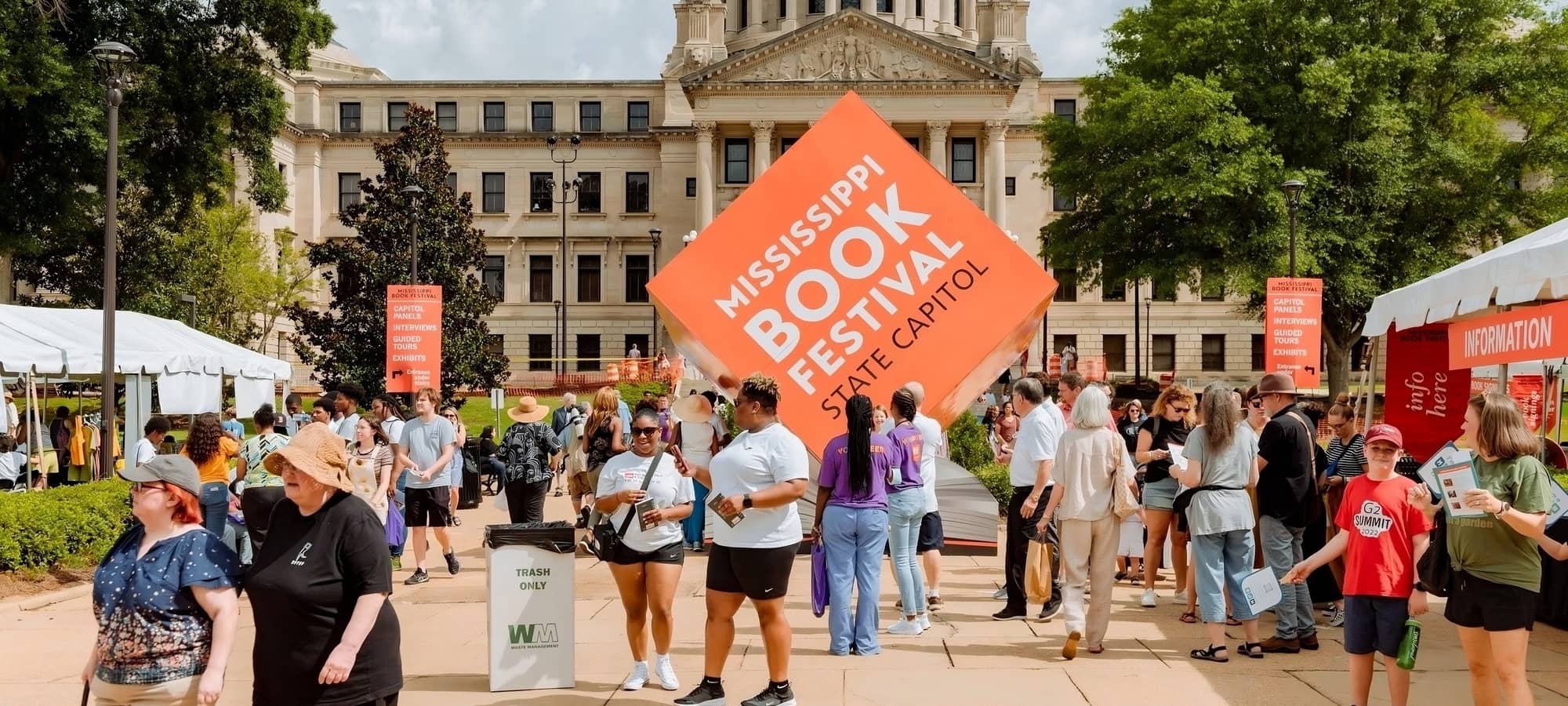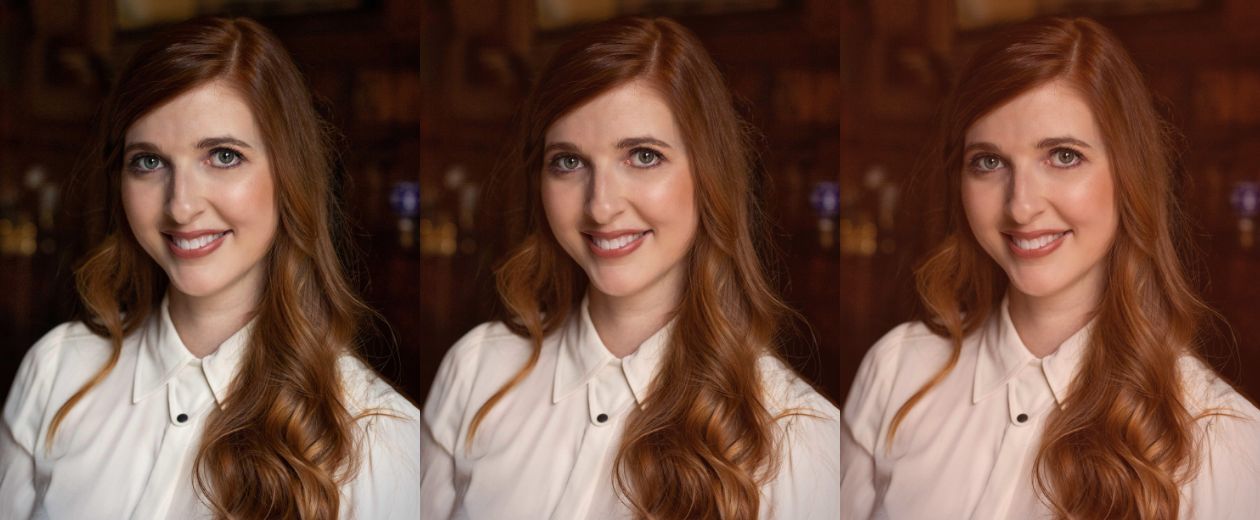- Community is strongest in our smallest towns.
I am a lifelong Mississippian and I grew up in a town that doesn’t even have a stop light. Of course, when I was young my town felt like the entirety of the world. But then, a few years ago, my hometown was destroyed by an EF5 tornado. I rode through town the next morning unable to tell where I was. I felt like I was dropped in the middle of someplace I’d never seen before. A feeling of despair and defeat filled the air. Within hours, locals and volunteers from all over the South had set up a supply station. Neighbors were up on roofs with chainsaws removing ancient oaks that laid on houses; friends were helping sift through piles that once were homes to search for family photos and cherished belongings. There are hundreds of examples like this – all of them say that when tragedy strikes, small-town neighbors show up.
- American has so many different landscapes. Some differing so much they appear to exist on other planets.
The town I grew up in is in the Mississippi Delta, arguably the flattest place on earth. You can see for miles and miles because there is no natural terrain to block your view. It’s a surreal experience for people visiting for the first time. But I can say without question that sunsets in the Mississippi Delta are undefeated: nothing beats Mississippi flatness and crop fields as far as the eye can see.
A few years ago, some friends and I began taking roads trips. We would fly into a far-flung location, rent a car, and set out. I am not sure why they invited me on these excursions. I’m the worst passenger in the car. After about four hours I begin to get stir-crazy – and we would spend around ten hours driving each day. We stopped at the Grand Canyon on one of these trips. Standing on the edge of the South Rim I discovered that the Grand Canyon is a vast, technicolor phenomenon beyond human comprehension. I’ll never forget the feeling of total wonderment I experienced realizing that this formation existed in the same country where I lived.
On this same trip, we drove through Monument Valley, and Arches National Park. If these places are not portions of Mars right here on America, then I am at a loss. I could not find a more alien landscape if I had to travel on a rocket ship to reach it.
- One person can have a big impact on their own little postage stamp of the world.
It seems to me that when we think of change, we think of large sweeping actions from the government. But in truth, the changes that we experience most in our everyday lives come from the actions of people in our own communities. It’s always my hope that I can be one of these people – even when I am buying a book or a coffee, or buying groceries for my family.
When I was 10 years old, a woman from Hattiesburg made national news for a trust she had set up where almost half of her life’s savings would go to the University of Southern Mississippi upon her death. Oseola McCarty was a washerwoman who saved her entire life with a philanthropic purpose in mind. In 1999, Oseola died and left $150,000 to the school to form a scholarship to benefit students in need of financial assistance. This donation was nearly half of her entire net worth. She washed clothes for other people all her adult life to help students she did not know get a college education.
Was it the most money ever given to the school? No. But I would argue that there has never been a larger gift given in regard to the benevolence of the giver.
- The quote “To understand the world, you must first understand a place like Mississippi” is true – even if William Faulkner never said it.
Was everyone taught this quote in high school or was it just kids in Mississippi?
I’m willing to bet that most people have heard it at one point or another. It sounds exactly like something William Faulkner would have said, which is exactly why the Mississippi author and former editor of Harper’s Magazine, Willie Morris, suggested that Faulkner should have said it after he came up with the line.
But what Willie meant when he said, “To understand the world, you must first understand a place like Mississippi” is that Mississippi is a microcosm of the world. To understand us, is to understand the rest of the country, too.
So, to anyone reading this, just stop trying to understand the country; it is a fool’s errand. Mississippi, just like the rest of the country, is beautifully complicated, and terribly flawed. It contains the worst and best of us. Mississippi’s struggles are the countries struggles. Our strengths are everyone’s strengths.But our food is better.
- Our library system is our most radical institution – and they're operated by revolutionaries.
Libraries are something we consider a normal mainstay in civic life. But, do we take their existence for granted?
Think about it, because it is really wild to break it down in more general terms: There is a physical building in your town/city, which allows you to come in and avail yourself of the free exchange of ideas – with little to no limits – through books. You can read all you want, and learn all you want. Your only limit is the compacity of your patience to wait for a book to come from another branch if your local library doesn’t have what you are looking for. This is miraculous!
Then there are the librarians who are eager to help you research any manner of subject matter and connect you with the right title. AND they will shush the obnoxious person clicking their pen incessantly, thus interrupting your quiet reading time.Are librarians the real-world Jedi-knights? Yes? Maybe?

